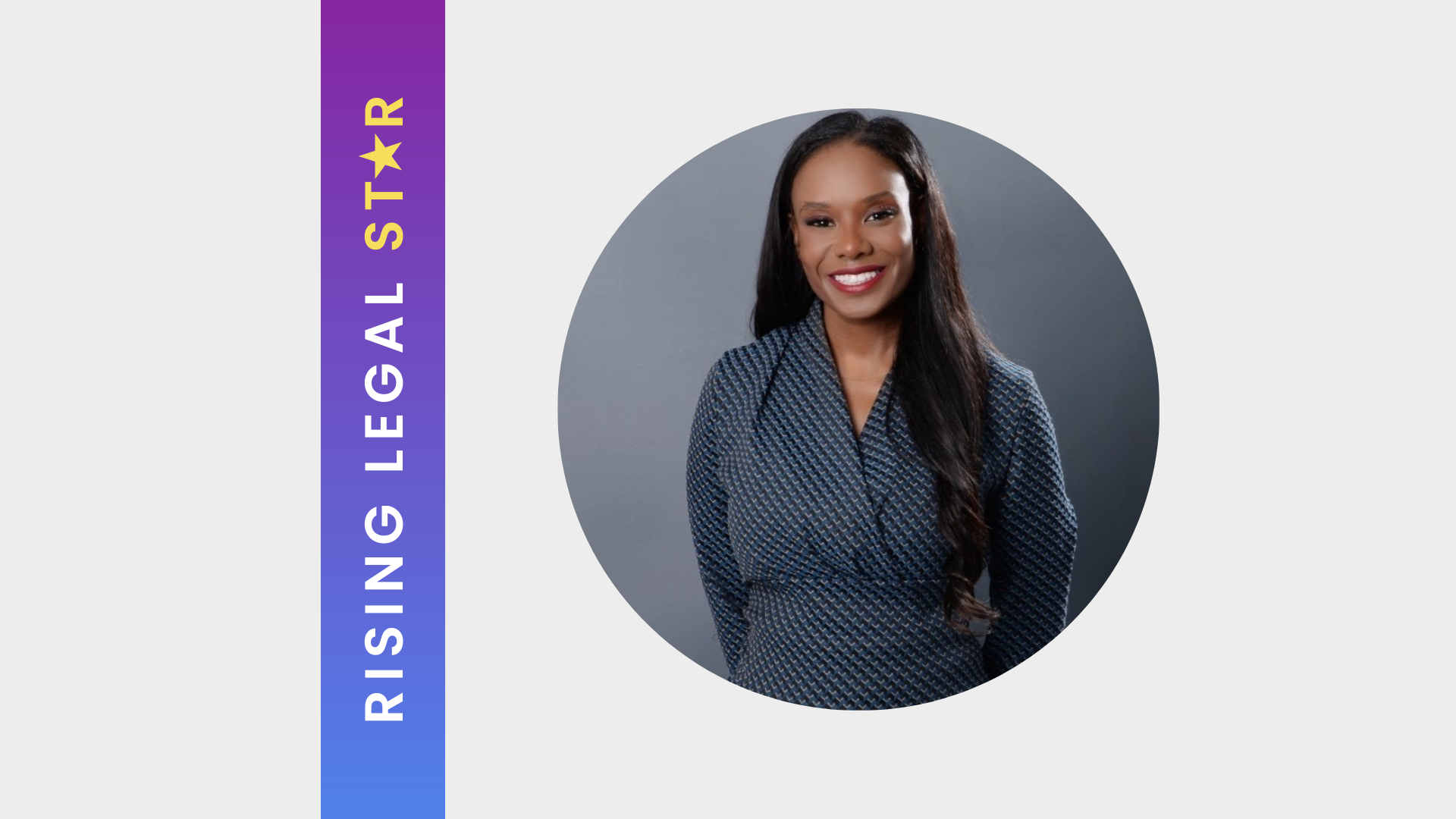Who benefits most from the end of the 'job for life'?
Job-to-job moves are on the up, and over the last ten years have given rise to talk of ‘job hoppers’ and ‘career nomads’. While job hopping triggers thoughts of dissatisfied employees haphazardly moving from one employer to the next, ‘career nomads’ are seen to be more planned in seeking out new opportunity.
Both, however, have come under fire from HR teams who find that creating a strategic people plan populated by nomads is a challenging task! There’s a common frustration associated with short tenure employees who are seen to compromise resources, increase training costs, and erode business continuity - and who do not fit into the conventional organisational structure.
But in a world where change is a constant, are career nomads in fact forward-thinking individuals who have learned to make the most of uncertainty and fluidity? And who will therefore thrive in a world of work where agility is a highly desired characteristic?
Turn back the clock
If we turn the clock back 40 years, employees got a job for life. They had security and (perhaps limited) progression but often got stuck doing something for which they had no passion. And at the end of it, they retired.
But then, organisations started to transform every few years. Mass redundancy programmes become more commonplace and could mean the end of employment for older workers who struggled to find employers that would recruit them.
That change broke the bond between employee and employer and changed the relationship with work forever.
Employers, not individuals, were the trigger for this shift (we can’t pin it all on an unprompted change in employee mindset), but individuals have learned to embrace it. In response, forward-thinking organisations are rethinking the way they attract the best.
When constant change is the norm
People (in developed markets at least) now have more choice than ever on how and where they are employed. Recruiting in this climate needs a re-think:
- As organisations, we need to reinvigorate our people strategies to fit an environment where transformation and change are the norm. Are you open to contract and gig workers? Is it easier for people to find a new opportunity within or outside your business? Do you know who you’d welcome back? Do you treat your people as you do your customers, (after all, they treat their careers as cosumers)? Do your employees have the chance to move roles and get promoted regularly?
- Some of the obstacles faced by organisations in dealing with the point above are exacerbated by the UK Government’s position on flexible working practices. The 2017 Taylor Review called out many poor practices but we are not moving quickly enough to support organisations that want to use more flexible ways of working to attract the best.
Where next?
Many leaders we work with at Hydrogen Group embrace the fact that their business is going through ongoing transformation. Attracting people who want to work on short tenures or contracts can afford scalability and flexibility that traditional structures cannot.
New models such as gig working, contract working and the human cloud have encouraged workforce participation from a broader population including females, older people and those with a disability. Although these models are not without criticism, one of the great benefits is improved diversity in the workforce.
For organisations that are responsive, innovative, employers of choice, welcoming more ‘nomadic’ employees and maintaining positive relationships when they leave, will enable them to attract the best - and allow them to shine.
I’m interested in your thoughts on this topic. Do you immediately avoid a candidate whose CV screams ‘job hopper’? Or, alternatively, are you a ‘job hopper’ who is progressing faster by switching jobs more frequently? Leave your comments – I’d love to hear what you think. Leave a comment on my LinkedIn profile here >>
Our latest insights







